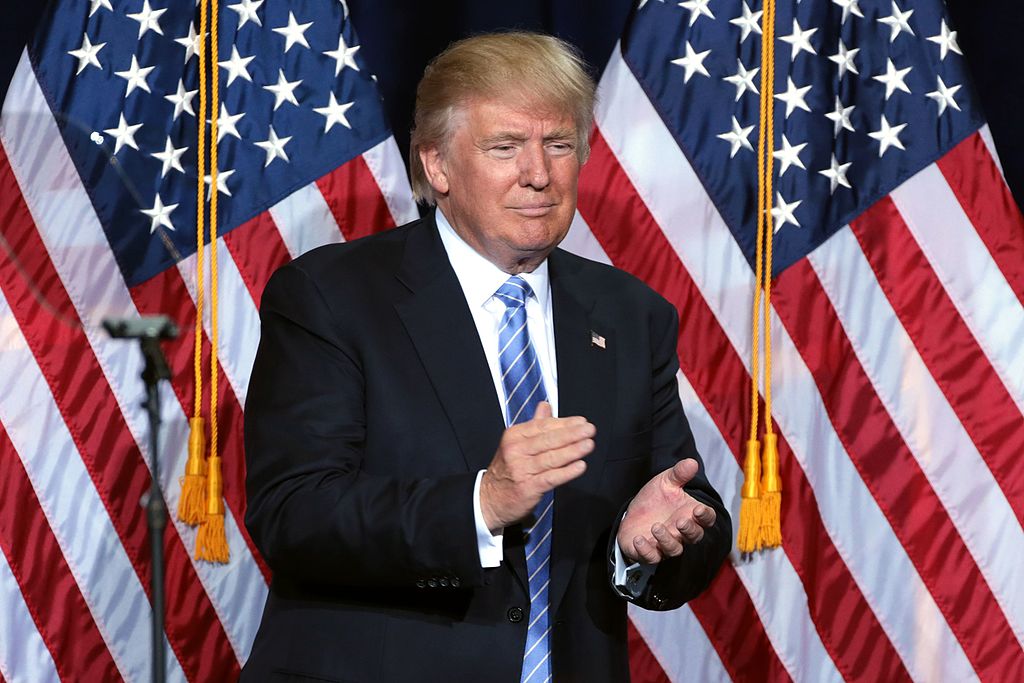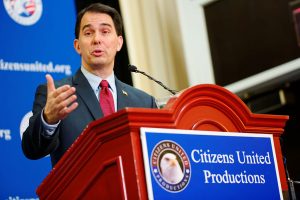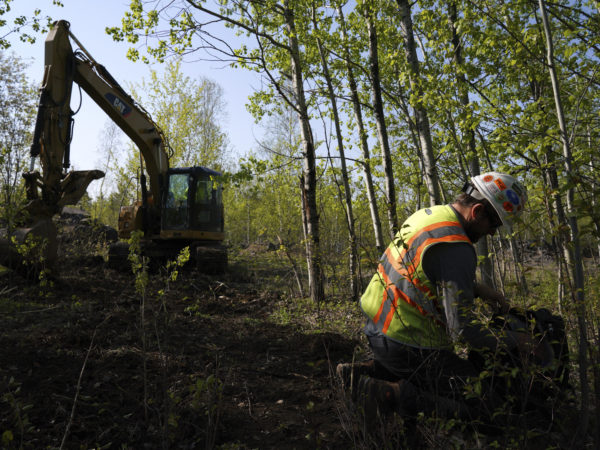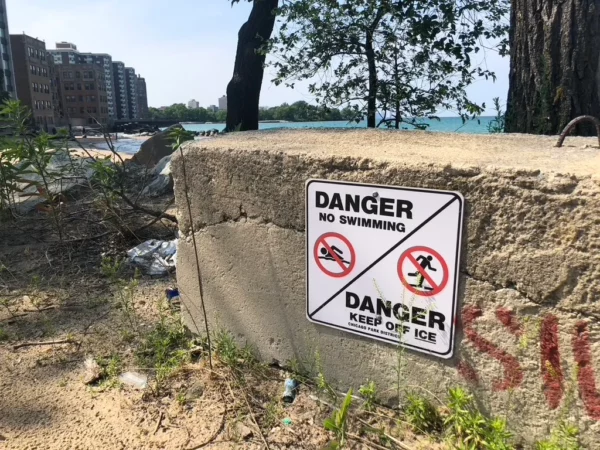
Looking for a clue to how President Donald Trump may approach environmental issues?
Look to Wisconsin.
Wisconsin Republican Gov. Scott Walker may have unwittingly provided a template for Trump when he took office in 2011.
It’s a template that focused on economic issues, job creation and targeted environmental regulations and bureaucracy as a big part of the problem that causes a stagnant economy.
“Trump’s similarity with the early days of the Walker administration is one that’s been running through my mind repeatedly” says Lynn Broaddus.
Broaddus runs Broadview Collaborative, a Wisconsin consulting firm that focuses on national water strategy.
While Walker and Trump appear to have similar environmental goals, Broaddus says Walker “approached it much more ideologically, whereas Trump is sort of random and unpredictable.”
Both Walker and Trump targeted the agencies charged with protecting the environment as the problem; an inhibitor to economic growth. Both chose vocal critics of their respective agencies to head them.
Walker said he wanted someone with a “chamber of commerce mentality” to head the Department of Natural Resources. Someone to expedite permits and provide customer service similar to how a business would.
He chose Cathy Stepp, a former state senator who was working in the family business.
Stepp had famously criticized the DNR saying staff were “unelected bureaucrats” who were “anti-development, anti-transportation, and pro-garter snakes, karner blue butterflies, etc.”
Trump nominated Oklahoma Attorney General Scott Pruitt to run the U.S. Environmental Protection Agency.
Pruitt has a record of suing the agency he will lead and on his appointment said he will run the agency … “in a way that fosters both responsible protection of the environment and freedom for American businesses.”
Trump has long criticized the EPA claiming that it places regulatory burdens on business that stifle economic growth.
Then there’s climate change.
Walker’s DNR recently scrubbed its website language on climate change.
Before the scrub, it said that “human activities are the main cause for heat trapping greenhouse gasses.” The site was changed to say the reasons for climate change are “being debated and researched by academic entities” outside the DNR.
The edit was first reported by James Rowen, author of the blog The Political Environment. Rowen is a long-time Walker observer and critic of his environmental record.
EPA nominee Pruitt, responding to questions from senators on climate change at his confirmation hearing said “there was a diverse range of views” on the causes of climate change and he would “encourage honest debate“ on the subject.
He did not acknowledge that the world community accepts as settled science with 90 per cent certainty that human activity is the cause of increase in temperatures.
And the political component.
Walker has benefitted from having a Republican legislature instead of having to deal and negotiate with Democrats who would have served as a check on his policies.
Trump has a Republican congress though its compliance with his wants may wane over time. Trump was elected as a Republican but does not have the long-term allegiance to the party that his predecessors had.
Scott Walker’s critics are legion in Wisconsin.
They cite his record of rolling back environmental protections from phosphorous pollution to signing legislation that would facilitate mining at the expense of wetlands protection and a long list of slights to environmental concerns.
If you read his annual State-of the-State speeches they are almost singularly focused on touting economic and education success with only scant mention of the environment, if that.
Most governors point to an environmental priority or success in their annual speech, understanding that it’s not the number one priority; not Walker.
Critics aside, Walker was elected governor in 2010 and survived a recall vote in 2012. He was re-elected in 2014. Like Trump, his core constituency is on the side of the cultural divide that accepts that jobs should be prioritized over environmental issues.
Will President Trump model his environmental policies after Wisconsin’s Walker?
That’s something Lynn Broaddus said she’s trying to figure out.
Two weeks after Trump was sworn in Broaddus said she feels like she did after Walker’s first weeks.
“People voted for change, but they didn’t vote for chaos.”






